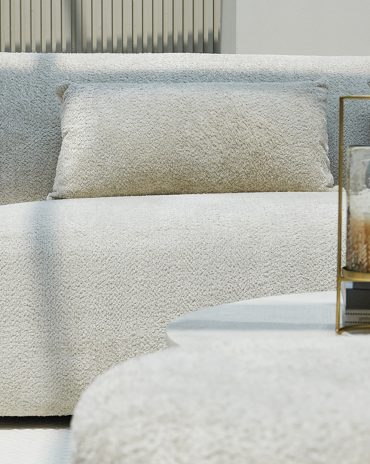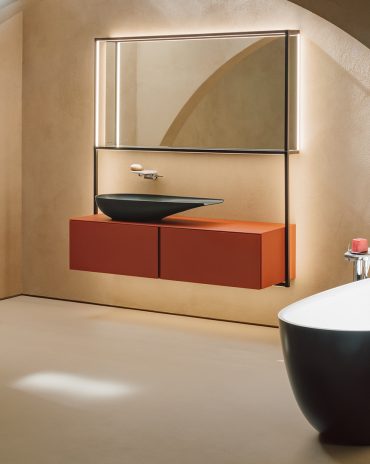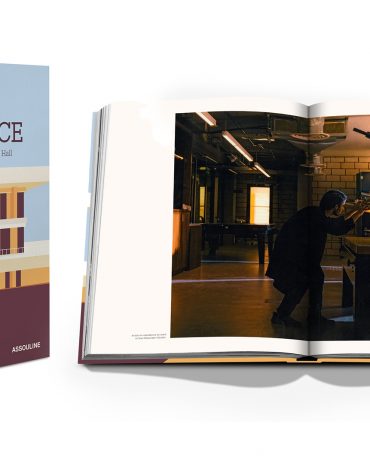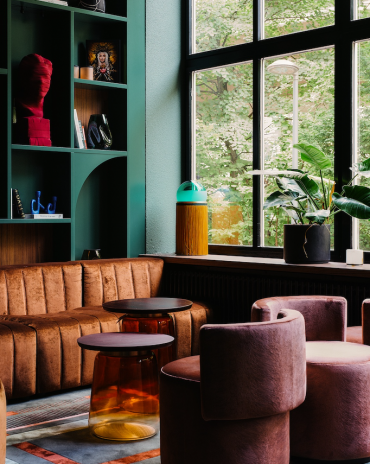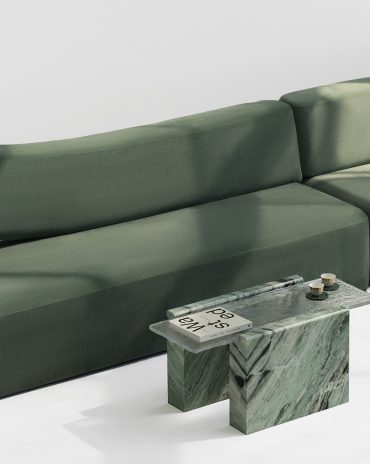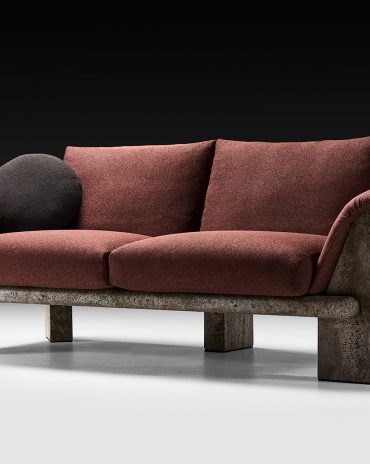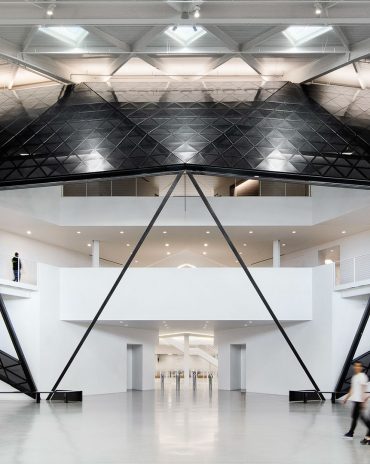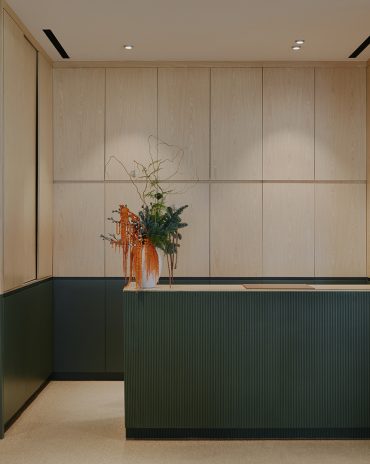Copyright © 2025 Motivate Media Group. All rights reserved.
60 years of the PH Artichoke lamp
We are chronicling the people, places and objects that will stand the test of time.
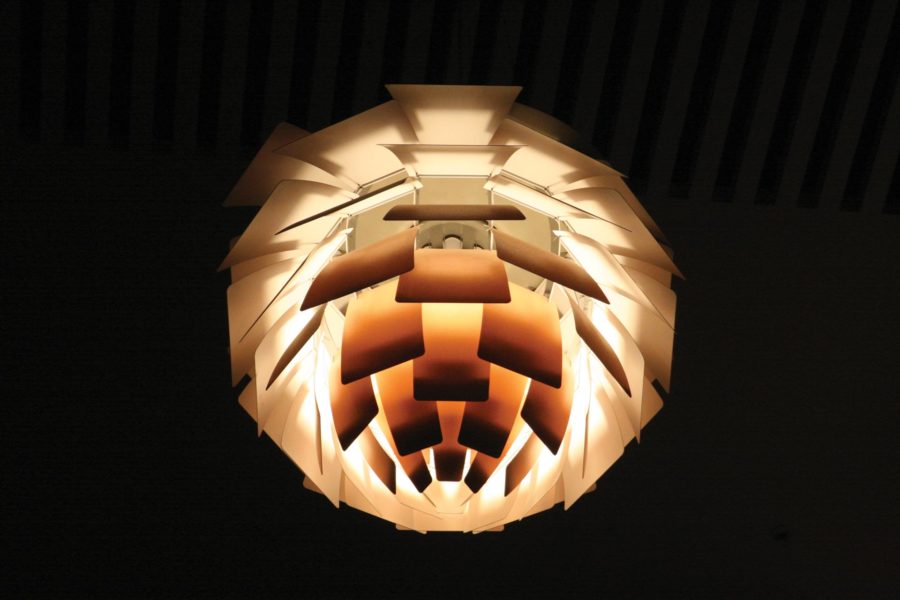
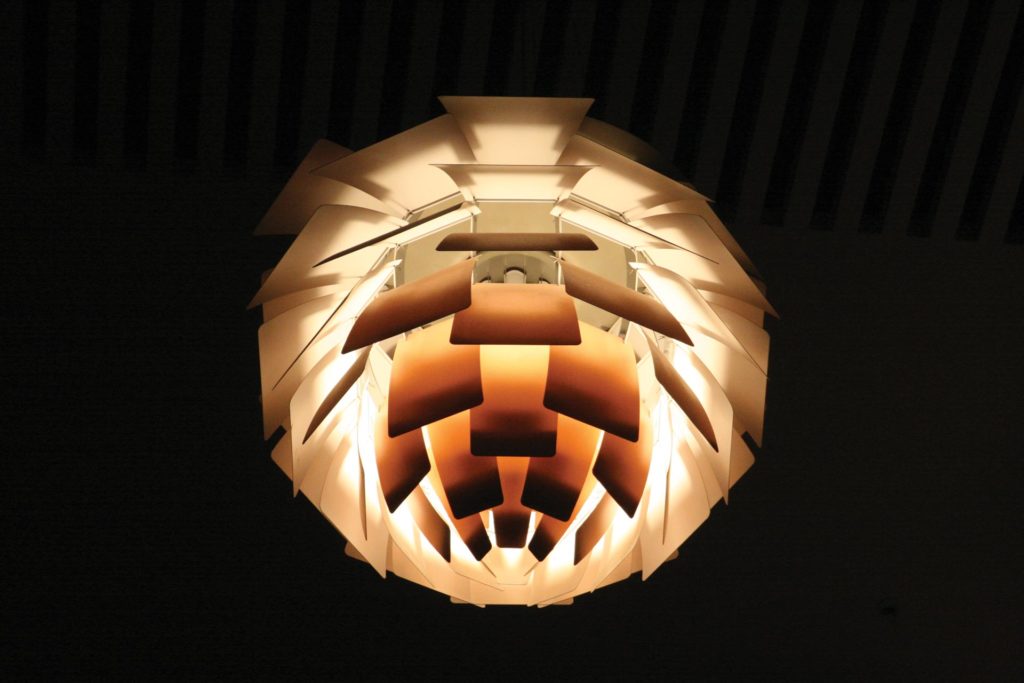 Over six decades ago, Poul Henningsen’s fascination and experience with light resulted in the one of the most beautiful, refined and enduring lighting objects of the 20th century.
Over six decades ago, Poul Henningsen’s fascination and experience with light resulted in the one of the most beautiful, refined and enduring lighting objects of the 20th century.
Born in Copenhagen in 1894, and the son of a famous Danish actress, Poul Henningsen studied at The Technical School at Frederiksberg, Denmark, and then at Technical College in Copenhagen.
He was educated, and initially practiced, as an architect, but achieved greater success – and fame – as writer, critic and lighting designer.
His PH-lamp of 1925 featured the careful, elegant approach that characterised all his designs – manipulating rays from its bulb so that illumination was both uniform and glare-free.
Henningsen is often referred to in Denmark simply as PH, and his initials form part of many of his creations, including that of perhaps his greatest: the PH Artichoke pendant.
This celebrated light fixture was created in 1958 for the Langelinie Pavillonen restaurant in Copenhagen, where it still hangs – testament to the lasting appeal of its iconic sculptural design.
Though widely known by its English name, PH Artichoke is referred to in many countries by the literal translation of its original Danish name: PH Kogle (conifer cone).
Available in three different sizes and finished in copper, wet painted white or brushed stainless steel, PH Artichoke features 72 laser-cut or stamped leaves, which are carefully positioned to form 12 unique rows of six leaves, and work with the chrome inner diffuser to ensure that the glare-free light is evenly reflected in a unique pattern.
Stainless steel aircraft cables are used to mount the light, which is unusually heavy – typically weighing between eight and 28 kilogrammes.
The PH Artichoke is, and has always been, manufactured by Louis Poulsen Lighting, with much of the production process carried out by hand.
Henningsen’s collaboration with Louis Poulsen began in 1925 and endured until he died. The company also played a role in his literary success – with its then-CEO, Sophus Kaastrup-Olsen, giving editorship of its own magazine to the designer as a gift, following his dismissal from a Danish newspaper due to his radical opinions.
Read more features here.
The Latest
Textures That Transform
Aura Living’s AW24 collection showcases the elegance of contrast and harmony
Form Meets Function
Laufen prioritises design, functionality and sustainability in its latest collections
Preserving Culture, Inspiring Creativity
Discover the Legacy of a Saudi Art Space: Prince Faisal bin Fahd Arts Hall explores the Hall’s enduring influence on the cultural fabric of Saudi Arabia
Channelling the Dada Spirit
Free-spirited and creative, The Home Hotel in Zurich injects a sense of whimsy into a former paper factory
id Most Wanted- January 2025
Falaj Collection by Aljoud Lootah Design
Things to Covet in January
identity selects warm-toned furniture pieces and objets that align with Pantone’s colour of the year
Shaping the Future of Workspaces by MillerKnoll
Stacy Stewart, Regional Director Middle East & Africa of MillerKnoll discusses the future and evolution of design in workspaces with identity.
Shaping Urban Transformation
Gensler’s Design Forecast Report 2025 identifies the top global design trends that will impact the real estate and built environment this year
Unveiling Attainable Luxury
Kamdar Developments has launched 105 Residences, a new high-end development in Jumeirah Village Circle.
The Muse
Located in the heart of Jumeirah Garden City, formerly known as ‘New Satwa’, The Muse adds to the urban fabric of the area
Cultural Immersion Meets Refined Luxury
The Chedi Hegra opens its doors in AlUla’s UNESCO World Heritage Site
Redefining Coastal Luxury
Sunshine Bay on Al Marjan island combines seaside views, exceptional design, and world-class amenities to create a unique waterfront haven





